Project-Based Learning Initiatives Inspire Curiosity for the Classroom
For millions of viewers around the world, “Shark Tank” is a show. But for Amy Litton’s students this year, it becomes an opportunity for hands-on science education.
Litton’s Shark Tank: Sustainability Edition Project is part of the county’s larger Project Based Learning focus, specifically in the areas of communication and teamwork skills along with problem solving. That focus is one of several key steps LaRue County Schools is taking this year toward reaching their Learner Profile goals, se
“I revised this activity this summer to be more Project-Based instead of the project coming at the end of instruction,” Litton said. “I will lead with the project and they will explore the content as they develop their ideas. I think this engages students more in what we are learning.”
Rather than reading a textbook and taking a quiz about global sustainability efforts, for example, Litton’s students could make a sales pitch about solutions to current climate problems or why their way to offset greenhouse emissions is more effective than a competitor’s. It’s a hands-on approach that breaks out of the mold of traditional classroom education, and it’s something LaRue County students will see more of this year.
Project Based Learning (PBL) itself has been around for a long time. The idea is to teach students concepts through hands-on, creative problem solving strategies and by having them participate in engaging activities that apply concepts to real-world scenarios. PBL is hardly new, but the focus is being revitalized to help students achieve goals set forth by the LaRue County Learner Profile. The ultimate goal is to give students an authentic experience with the subject matter so they’re better prepared once they leave the classroom.
For teachers like Litton, this transforms facts students learn through rote memorization into pieces of information they can apply to the world around them.
“I don't know that I really think it is super important to remember that the mitochondria is the powerhouse of the cell (unless they're going to be a doctor one day) as much as I want them to understand how to critically think about the things we see in the world around us,” Litton said.
“I want them to be curious and ask questions instead of just taking someone's word for it. I think we have shifted our entire Biology curriculum to allow them to develop these skills, so that they ask questions and then investigate what they see; learning some content along the way.
“Those skills will carry them further beyond high school than any fact or tidbit of knowledge that I can impart to them while in my classroom.”

